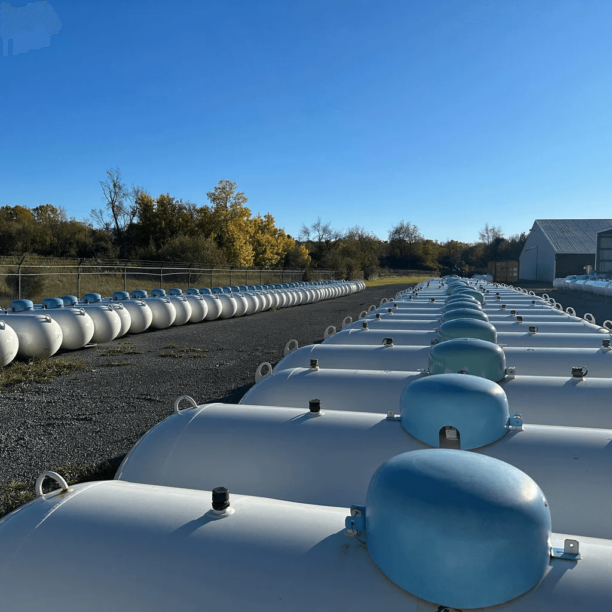Weathering the Storm: Smart Strategies for Unforeseen Propane Supply Challenges

In the fast-paced world of propane distribution, supply surprises can occur at any moment. As we move toward the end of the year, propane businesses must be prepared for potential disruptions that could impact their operations and customer service. Factors such as unexpected weather changes, geopolitical issues, or shifts in demand can all affect propane supply. Developing effective strategies to manage these uncertainties is crucial for sustaining operations and maintaining customer trust.
Understanding the Supply Landscape
Propane is a vital energy source for many sectors, including residential heating, agriculture, and commercial use. However, the supply chain can be unpredictable. Weather-related events, such as hurricanes or cold snaps, can suddenly increase demand, straining available supplies. Similarly, geopolitical tensions or changes in trade agreements can impact imports and exports, further complicating the supply situation.
Here are some key strategies propane retailers can implement in order to successfully manage supply challenges:
Build Strong Relationships with Suppliers
Establishing solid relationships with multiple suppliers can help mitigate risks associated with supply shortages. Diversifying your sources allows for greater flexibility when unexpected situations arise. By communicating regularly with your suppliers, you can stay informed about potential disruptions and adjust your procurement strategies accordingly.
Implement Advanced Inventory Management
Effective inventory management is essential for responding to supply surprises. Utilizing technology and data analytics can provide real-time insights into your inventory levels and customer demand patterns. This allows you to make informed decisions about when to order more propane, ensuring you have enough supply to meet customer needs, even during unexpected spikes in demand.
Maintain a Safety Stock
Keeping a safety stock of propane can act as a buffer against supply disruptions. By maintaining a reserve supply, you can ensure that your customers continue to receive reliable service during times of uncertainty. The size of your safety stock should be determined based on your sales patterns and the potential risks in your supply chain.
Monitor Weather Forecasts and Market Trends
Staying updated on weather forecasts and market trends can help you anticipate changes in supply and demand. Sudden temperature drops or extreme weather events can lead to increased propane usage, so being proactive in monitoring these factors can enable you to adjust your purchasing strategies ahead of time.
Invest in Employee Training
Your team plays a crucial role in managing supply challenges. By investing in training programs that educate employees about supply chain management and emergency protocols, you can ensure that they are well-equipped to respond effectively when surprises occur. Empowering your staff to make informed decisions can enhance your business’s resilience in the face of supply disruptions.
Communicate with Customers
Transparency with your customers is vital during supply challenges. If you anticipate a supply issue that may impact service, inform your customers as early as possible. Keeping them updated about your efforts to secure additional supply can help maintain their trust and loyalty.
Preparedness is Key
As we head into a new year, propane businesses must recognize the importance of being prepared for supply challenges. By implementing robust strategies such as diversifying suppliers, utilizing advanced inventory management, and investing in employee training, businesses can navigate the uncertainties of the propane market more effectively. The goal is to not only survive potential disruptions but also to thrive in a competitive landscape by providing consistent and reliable service to customers.
By focusing on proactive planning and communication, propane companies can position themselves for success, ensuring that they are ready to handle whatever challenges the supply chain may bring their way.













